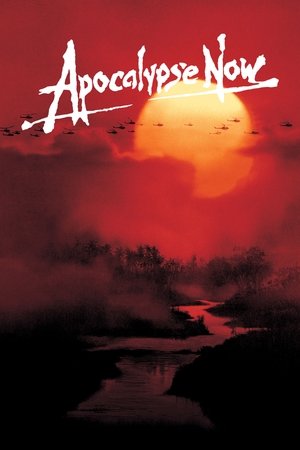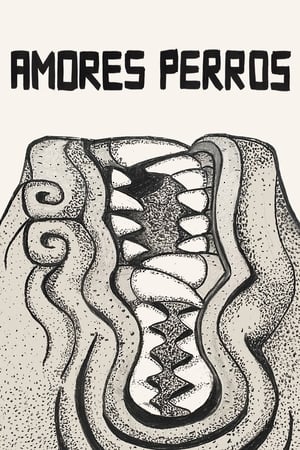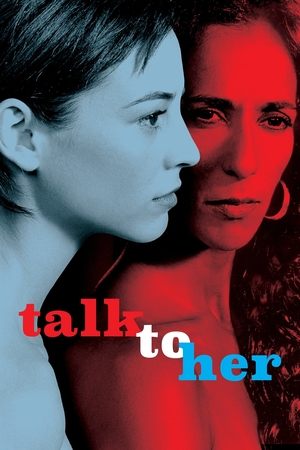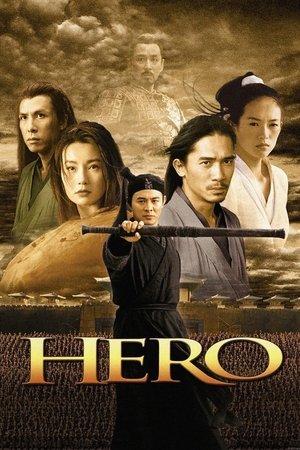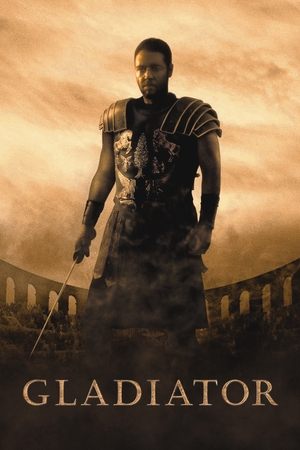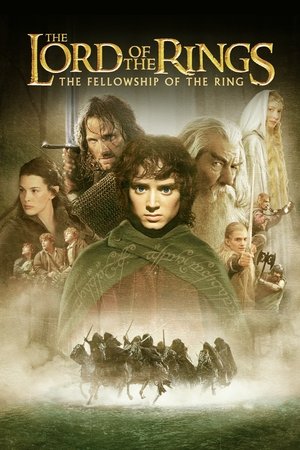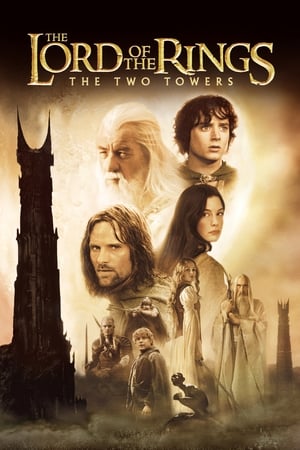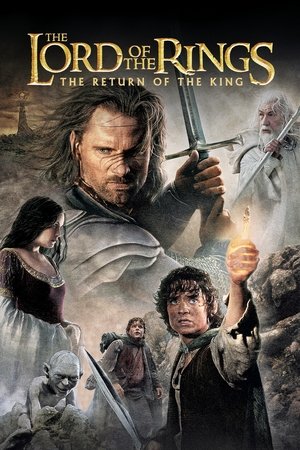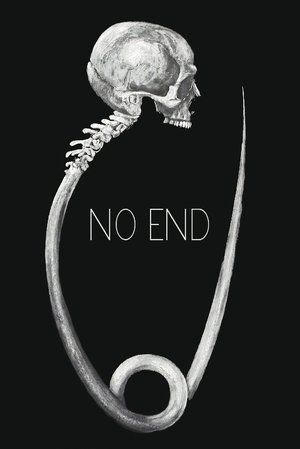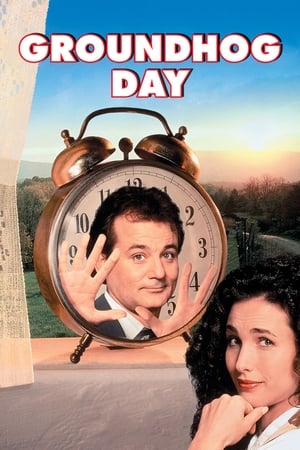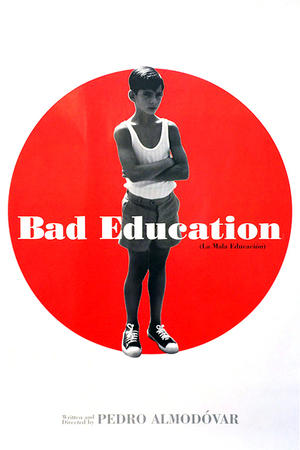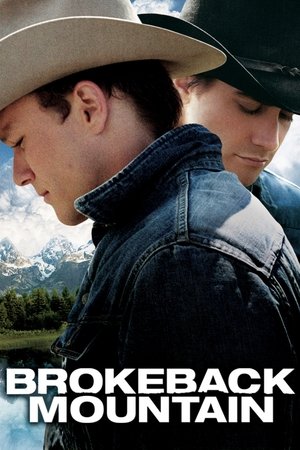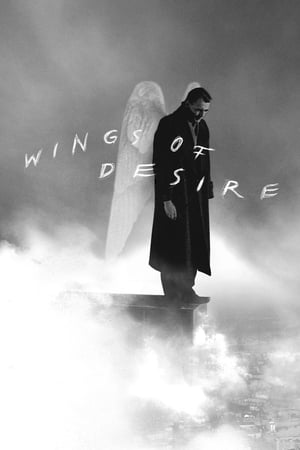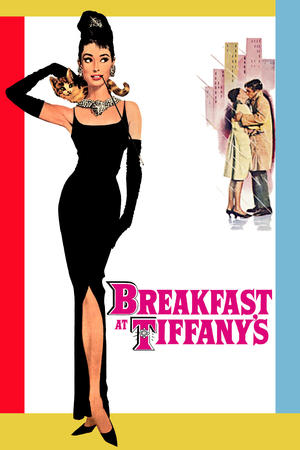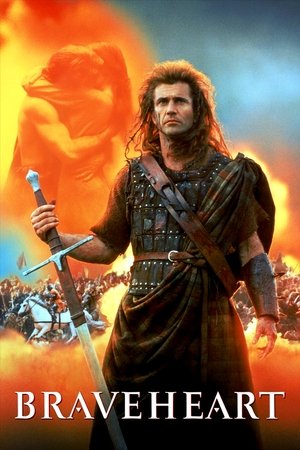Overview
Epic film of the legendary Spanish hero, Rodrigo Diaz ("El Cid" to his followers), who, without compromising his strict sense of honour, still succeeds in taking the initiative and driving the Moors from Spain.
Reviews
" And the Cid rode through the gate and into legend "
El Cid is the story of legendary Rodrigo Diaz who lifted his country with valour and integrity to drive the Moorish invaders from Spain.
I think the best thing I can say about this film is that even though it's nearly three hours long, I never once look at the clock. It's a thoroughly engaging picture that boasts all the great hallmarks of a sweeping historical epic. The colour, the costumes, the scope, and the attention to detail from director Anthony Mann are first rate, and par for the course is the suitably rousing score from Miklos Rozsa. Big square jawed bronzed beefcake Charlton Heston takes the lead role as Diaz, and firmly cements himself as the go to guy for gargantuan epics. Support comes in the form of Sophia Loren, Genevieve Page, Raf Vallone, John Fraser (excellent), and Gary Raymond (also excellent).
The story is an excellent one because Diaz was such a fine character from the annals of Spanish history, uniting the sulking Christian kings of Spain whilst simultaneously lifting the people of the streets off their knees and getting them to believe in the cause. However, it has to be said that this is far from the perfect historical epic movie, even allowing for the usual Hollywoodisation of facts, one can't quite get past the fact that El Cid comes across as a glamorised glory tale without any hindrances. Surely here in the 11th century El Cid's path would have been fraught and sodden with a great deal more death and destruction? There's a tameness where there should be serrated edges to the story and it takes away greatly from the film's end because the build up of Cid's heroism actually didn't contain a great deal of hard work - it was a stroll in the park so to speak.
Still, it's a wonderful film that ticks all the boxes for genre staples, and as churlish as I may be as regards the assumptive nature of El Cid's story being told here, I'm still the first to start cheering and thumping my chest as the credits role, and not even Sophia Loren's pout can distract me from the bravado warmth washing over me. 8/10
_**Ranks with the best sword & sandal epics**_
In the latter half of the 11th Century when Spain consisted of Christian kingdoms and Moorish strongholds, Castilian knight Rodrigo Diaz de Vivar (Charlton Heston) becomes known as ‘El Cid,’ meaning “the lord,” after generously showing mercy to a couple of Emirs, who orchestrated an attack on a Spanish city. This gets him accused of treason, but he proves his nobility, courage and skill to King Ferdinand (Ralph Truman) and his successors (Gary Raymond, John Fraser & Geneviève Page). Sophia Loren plays his romantic interest while Herbert Lom is on hand as a Berber general hell-bent on Islamic world domination. Raf Vallone appears as Rodrigo’s cunning rival for Jimena’s affections
“El Cid” (1961) is curiously obscure compared to other classic sword & sandal epics, like “The Ten Commandments” (1956), “Ben-Hur” (1959) and “Spartacus” (1960), but it’s just as great and on par with the more modern “Troy” (2004), not to mention superior to the overrated “Braveheart” (1995) and “Gladiator” (2000). Even if you disagree with me on those last two films, “El Cid” stands well with any of these epics.
I knew enough about Rodrigo’s real-life story to know that the political intrigue gets convoluted and wondered if the movie could keep everything understandable and compelling for the course of three hours; and it does (unlike 2005’s “Kingdom of Heaven”). Just before the drama overstays its welcome a quality action scene manifests, Like Rodrigo’s thrilling duel with Jimena’s father. I also appreciated the subtext of dealing with flawed people in leadership positions and overcoming resentment to have effective working relationships.
For those who object to Heston being cast as a Spaniard, the Castilian aristocracy of the 11th Century was generally Visigothic in ethnic background, aka German. Despite the regular influx of people of color ever since, there are plenty of Blond Spaniards to this day, even redheads. (Remember, Spain is decidedly Europe and not Mexico).
The film runs 3 hour, 2 minutes, and was shot in Spain with studio stuff done in Rome.
GRADE: A
El Cid is “the story of Rodrigo Díaz de Vivar [Charlton Heston] ... a simple man who became Spain's greatest hero. He rose above religious hatreds and appealed to all Spaniards, whether Christian or Moorish [not unlike how JCVD befriended Jews and Muslims in The Order, in which Heston also appears], to confront a common enemy that threatened to destroy their land of Spain.”
Rodrigo's unifying work is facilitated by the fact that Moors and Christians have a common language, although this lingua franca is not, as one would expect, Spanish but rather English — apparently the official language not only in the Iberian Peninsula but also in the rest of Europe, and North Africa.
I mention this because I can't help thinking that a lot must have been lost — and replaced — in the translation between El Cantar de Mío Cid and this film directed by Anthony Mann; then again, El Cid is not based on the Castilian epic but in the French tragicomedy Le Cid by Pierre Corneille (which explains — but does not justify — that Rodrigo's wife, played by Sophia Loren, is called Chimène and not Jimena). This is a big mistake.
The anonymous author of Mío Cid begins his poem in media res, with the exile of the Cid — a point that Mann takes almost two hours to reach, and even then practically in extremis. Everything that happens before this moment can be classified as excess foreplay.
Don Rodrigo, on his way to wed Doña Chimène (although in those days even a 27 year old Loren would have presumably been already considered an old spinster), rescues a Spanish village from an invading Moorish army.
Two of the emirs, Al-Mu'tamin (Douglas Wilmer) of Zaragoza and Al-Kadir (Frank Thring) of Valencia, are captured. More interested in peace than revenge, Rodrigo escorts his prisoners to Vivar and frees them on the condition that they never again attack the lands of King Ferdinand of Castile (Ralph Truman).
For his act of mercy, Don Rodrigo is accused of treason by Count Ordóñez (Raf Vallone). At court, he’s further accused by Chimène's father, Count Gormaz (Andrew Cruickshank), the king's champion. Rodrigo's elderly father, Don Diego (Michael Hordern), calls Gormaz a liar. Gormaz slaps Don Diego, challenging him to a duel. In a private meeting, Rodrigo begs Gormaz to apologize to the elderly but proud Diego. Gormaz refuses repeatedly, so Rodrigo challenges him to a duel and kills him. Chimène witnesses Gormaz's death and swears to avenge him, renouncing her love for Rodrigo.
Here the writers really screwed the pooch; I know there was no way that Charlton Heston and Sophia Loren weren’t going to end up together, but how the script goes about it is nothing short of asinine: Rodrigo persuades the King to force Chimène to marry him as payment 'for services rendered.'
This approach is reminiscent of Richard III 'wooing' of Lady Anne, or even Henry Fonda’s treatment of Claudia Cardinale in Once Upon a Time in the West; the problem is that those two were the villains of their respective stories, while Rodrigo is supposed to be the hero of this one — and yet, despite everything, Chimène eventually, willingly accepts her status as a trophy wife, because what woman can resist her father’s murderer? Why they didn't just have Gormaz instigate the duel, and have Rodrigo kill him in self-defense, I’ll never understand.

 187 min
187 min
 6.8
6.8
 1961
1961
 Italy
Italy
 John Chard wrote:
John Chard wrote: